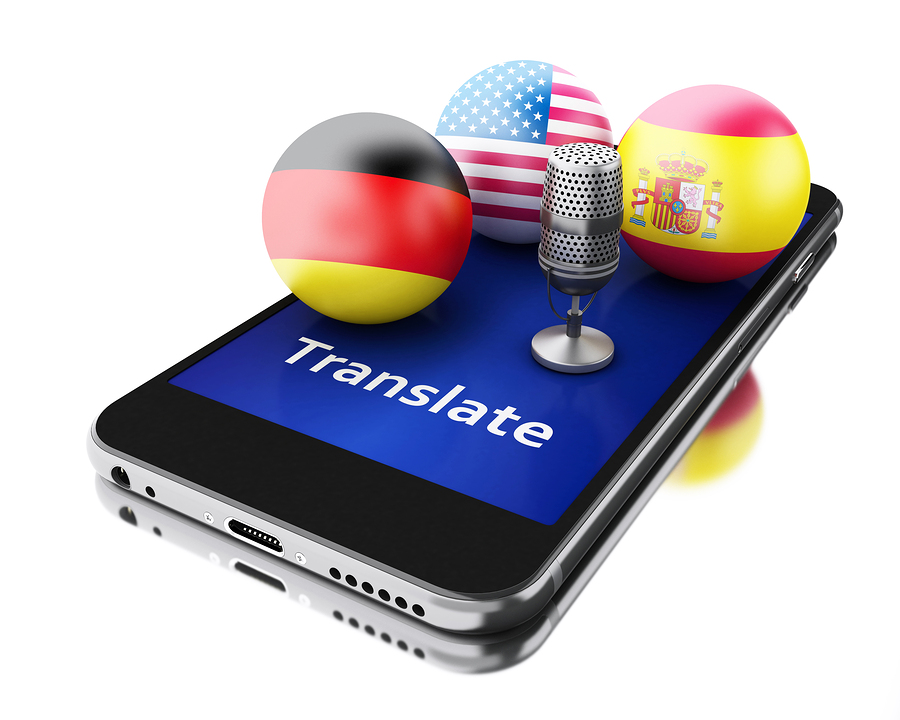It can be hard to appreciate just how different parts of the world are like when it comes to digital access. We tend to take for granted the fact that data is available everywhere at all times. This just isn’t the case everywhere in the world, or at least even if the Internet is available in theory, it may not be in practice, simply because millions of people in the poorer parts of the world simply cannot afford to access it, even if mobile phone coverage is more universal.
In some ways, people in the developing world have one big advantage over the more developed and affluent parts of the world. That’s because the technology used has often leapfrogged the sort of technology used elsewhere. It’s much more common for people in the developing world to use mobile data, rather than fixed services. This has its advantages and disadvantages.
For translators who work in the developing countries, it’s important to have the technology available that best suits the conditions. Many translators are freelancers who work from home or may even be on the move. They may not have an office as such, but work wherever they are as long as they can stay connected. It’s that need to have a good Internet signal that provides the first big challenge for the mobile languages service provider. In some parts of the world, there may be only 2G coverage because that’s all the local community can afford.
Back at home, the mobile translator is used to apps coming out of one’s ears. There are apps for just about everything including apps that help the translator do his or her job. Many app developers understand the need for app localisation these days but this isn’t necessarily something that happens automatically. Without effective app localisation, apps don’t necessarily work far from home and may depend on plenty of bandwidth and a reasonable data speed, which may not be available.
App localisation often depends on the work that language services providers do, often after a lot of ground work in the field, getting a feel for the linguistic nuances of the language or languages they offer in translation. It’s impossible to get that knowledge unless they spend quality time immersed in the location where the language they are offering is spoken.




